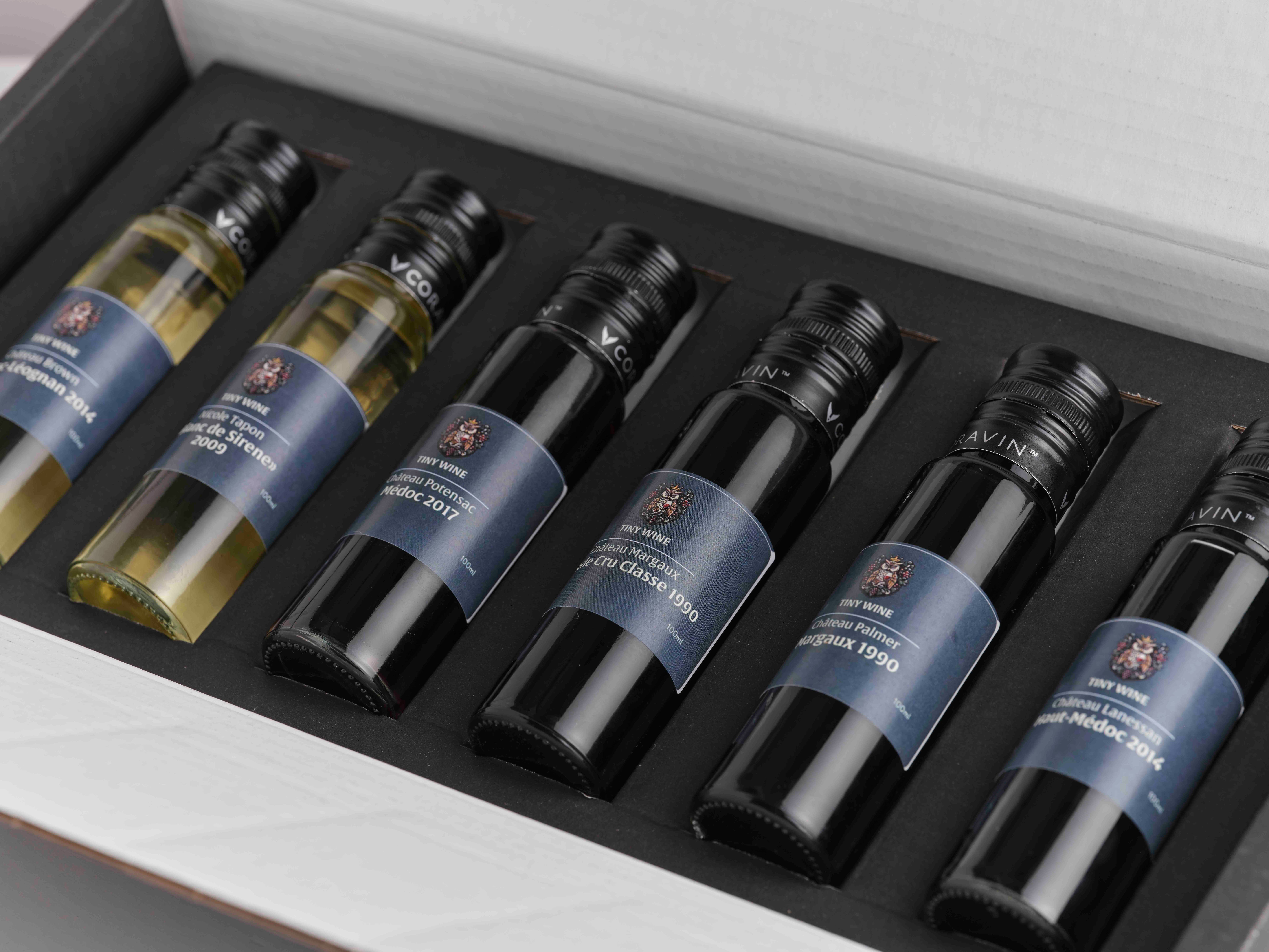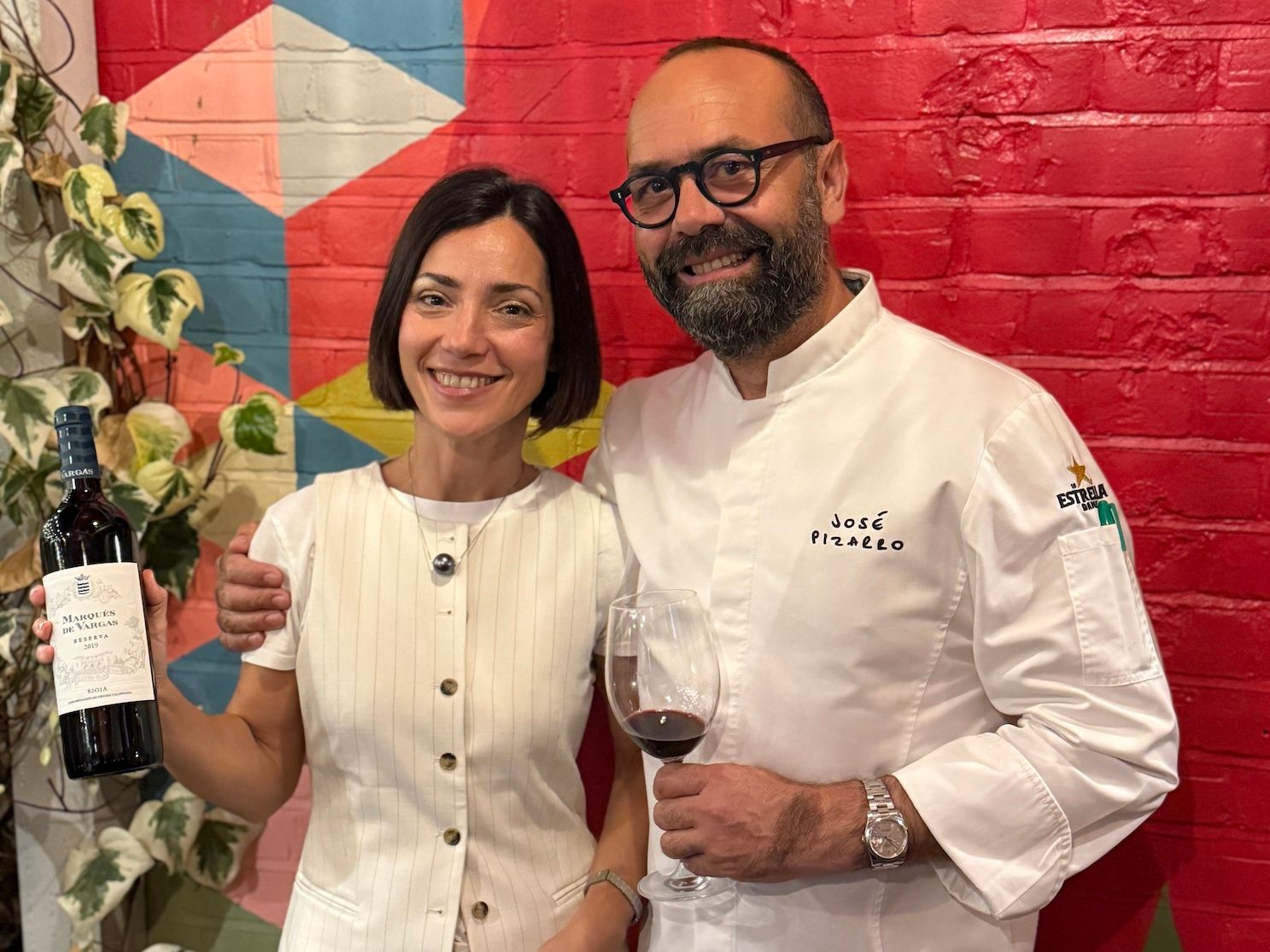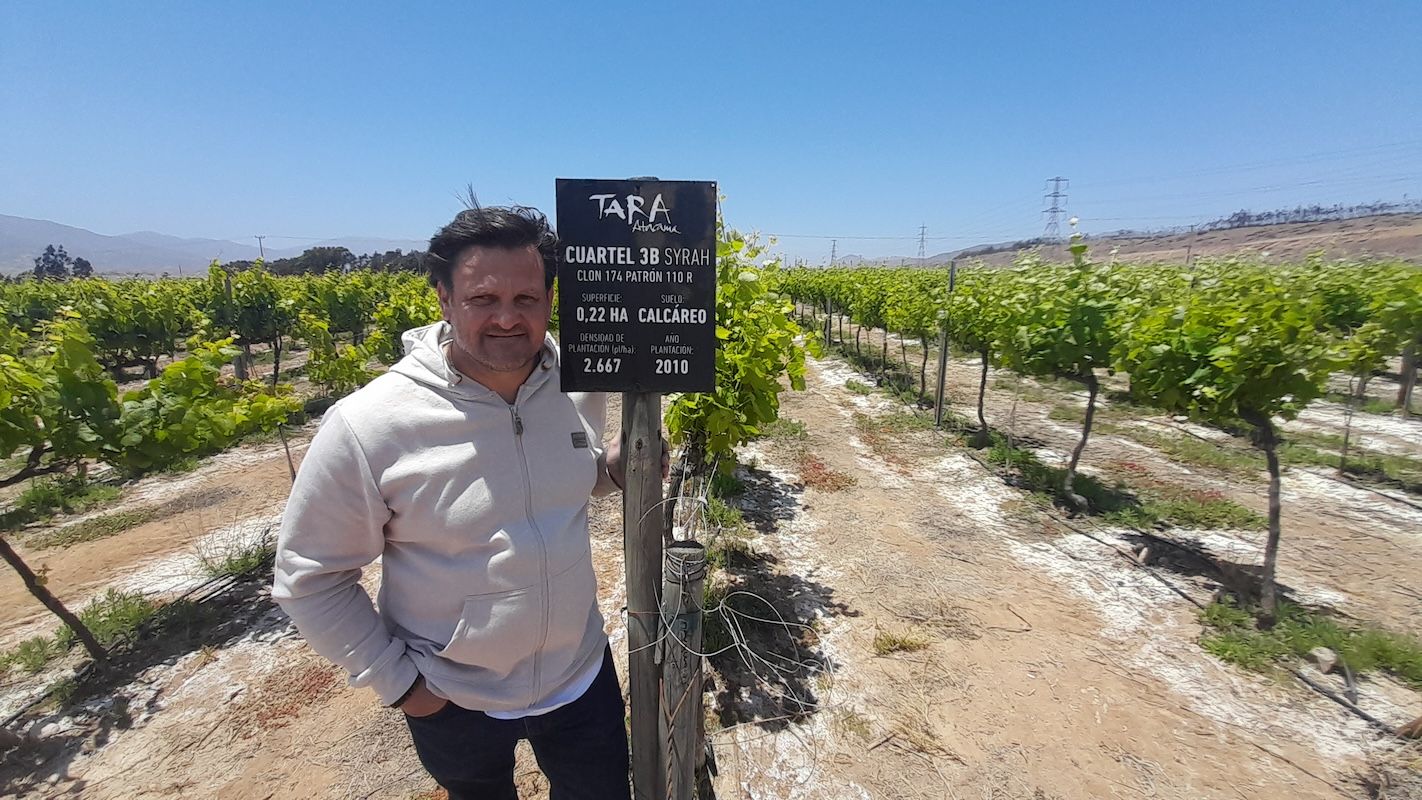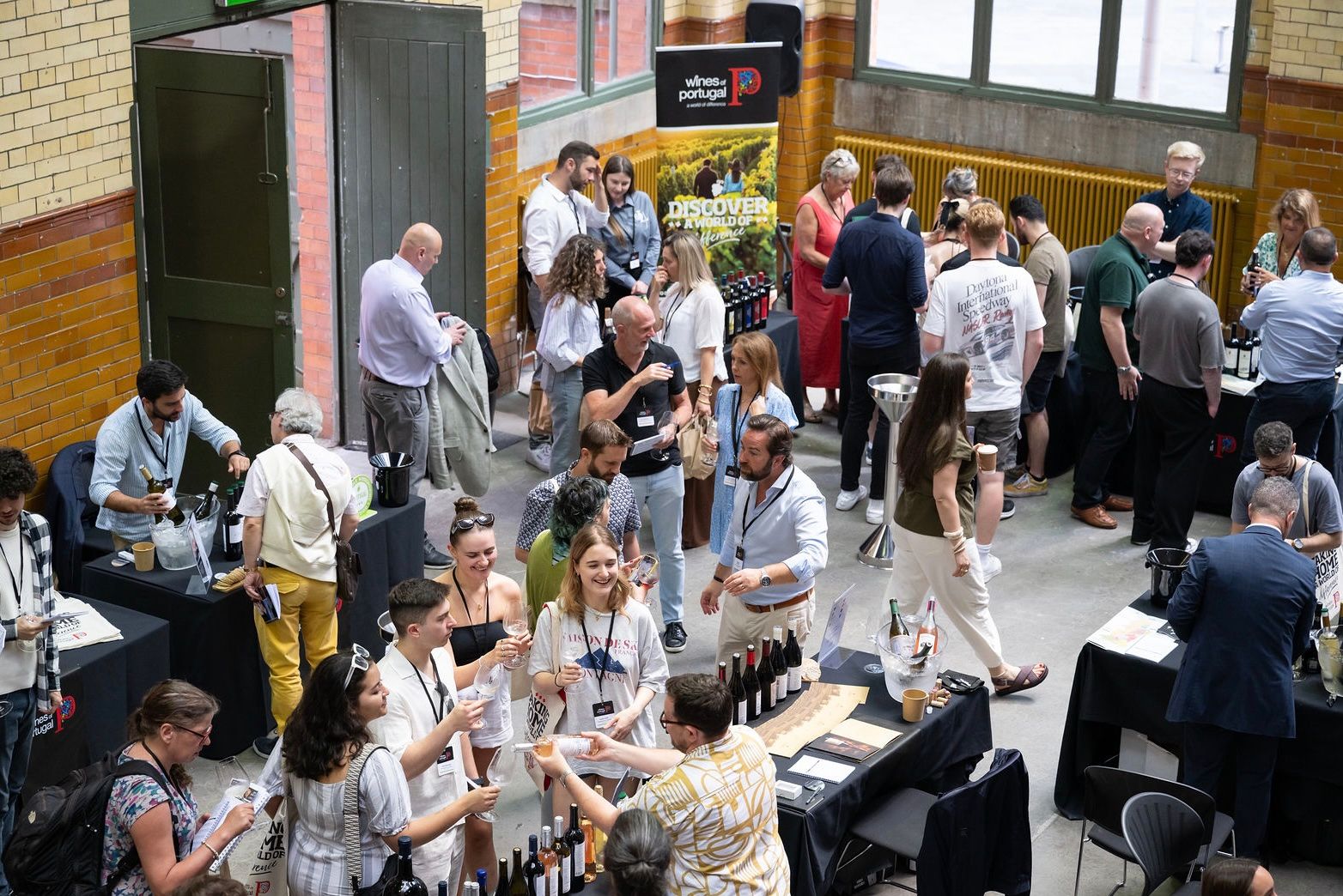As well as being a key distributor for wines across the world in the US, T Edward Wines is also sourcing and exporting American wines to key international markets including the wines it makes in Europe and the New World.
Can you tell us about the business and how it works?
T. Edward Wines was founded by Tom Byrnes in 1994. We are licensed to sell directly in four US States, those being New York, New Jersey, Connecticut, and California. We have a separate division in Illinois, as well as a growing presence as a national distributor for our many imports and private labels in the states we don’t sell in directly. Finally, I sell our California private labels internationally.
Both on a corporate level and individual level, the strategy relies on connecting with the buyer personally. When I lived in Manhattan, which is where I was born, I had lunch every week for several years at Danny Meyer’s Union Square Cafe. I was fortunate enough to meet Danny on a few occasions, and he once said this to me about how he runs his business.
It was almost 20 years ago, so it may not be verbatim, but it’s close enough. He said he can teach anyone how his restaurants operate. How the reservation systems work, how tables are set, or how any dish is prepared in the kitchen. What he said he cannot teach someone is how to be a nice person, and if he cannot picture himself having a cup of coffee with someone he probably won’t want them working at his restaurant. I take those words to work with me every day, whether I’m in my car visiting accounts or at my computer talking on the phone.
(Here’s a video interview between Richard Siddle and T Edwards’ president Tom Byrnes and David Hautzig that was recorded for VINEX, the online trading platform for bulk and bottled wine)
You are quite unusual in that you also make a lot of the wine you import into the US? Can you explain where you make wine and how long have you been doing that?
Among the roughly 1,500 SKU’s we have in the portfolio, we have around 100 private label wines that we produce. From California, Washington, and Oregon here in the US. But we also make wines in France, Spain, Italy, Argentina and Chile.
When T. Edward Wines started in 1994, it was a specialty book that gained attention in the New York market by working primarily with restaurants. Small producers with eclectic wines were our calling cards. What we soon learned was that even our customers, with whom we created relationships centered around our fine wines, wanted to have access to value wines as well.
They simply didn’t want to buy them from the larger liquor companies. They wanted to buy them from us, because they trusted us and were confident we could create wines they would be comfortable buying. So we did, and those wines not only gained us invaluable credibility on the street, they are now the driving force revenue wise behind T. Edward.
You are also exporting a lot of that wine around the world – how does that work and what are your core markets?
When you consider our private labels, we in essence morph into a hybrid of distributor/winemaker. So in the same way that California winemakers we represent here like Robert Sinskey and Steve Matthiasson can export their wines around the world, so can we. We own the brands. They are all made to a profile that was set in stone the first year we produced them, so our customers locally, nationally, and now internationally know what to expect vintage after vintage.
We have customers in Denmark, New Zealand, and until recently the UK. We had importers in Australia and Belgium ready to order, but then Covid put that on hold indefinitely. However, an importer in Alberta I have gotten to know over the past few months is interested and my fingers are firmly crossed because I’d love to work with that guy.
The export market where we have had the most success has been in Quebec. Before Covid, we were shipping between 150 and 200 cases of our Bodan Roan and Folk Tree Village Series brands every six weeks or so for use in restaurants and hotels. One wine bar in Montreal was going through about 10 cases per week of Bodan Roan Chardonnay. The pandemic put that on pause.
But three more of our wines, Crosby Chardonnay, Crosby Cabernet Sauvignon, and Lockhart Pinot Noir have been purchased by the Quebec monopoly (the SAQ) for their retail shops. 600 cases for the initial purchase, which beats a poke in the eye with a sharp stick.
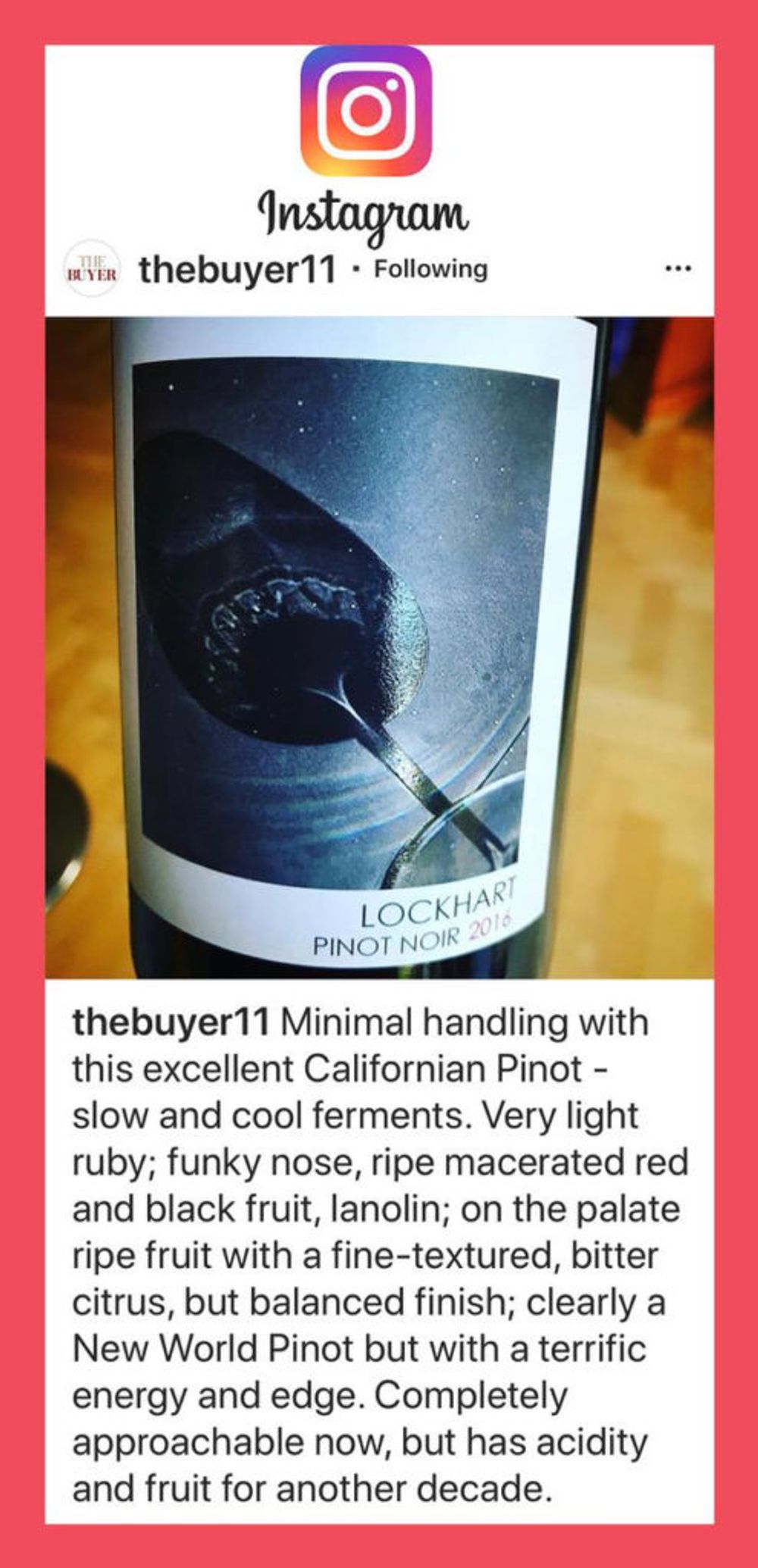
Here’s how The Buyer rated the Lockhart Pinot Noir 2016
You are able to do bespoke projects for people as well as offer your own wines? Can you explain what services you can provide?
Because we can control the process end to end, we can take any fork in the road so to speak. So, for example, if a large restaurant or retail group wanted a wine on an exclusive basis we could take one of our private labels and bottle it under a custom brand without sacrificing the actual brand in the market. And because of the volume of wine we create the minimums needed for such a thing could be as low as a single pallet.
You have been in the UK before and are keen to get back. Why is UK such an important market for you?
We had a partner in London for close to two years. But their were changes there and the ethos of us and them no longer matched up so we split.
As for the importance of the UK, it’s a two part answer, both of equal importance. A few years ago I was in London for some football, and I was fortunate enough to meet sommelier, Jan Konetski, when he was with Gordon Ramsay. We exchanged numbers, and he has been generous enough to let me stay in touch and offer guidance when I ask for it. We chatted about T. Edward that first meeting, and he encouraged me to look into the UK market for our private labels from California.
On that same trip, I stopped into a wine bar near Holborn for a snack after doing some estate work for my late mother. I asked what California wines they had, and the one selection by the glass was a Zinfandel that I knew of as a very inexpensive wine here. You’d be hard pressed to find a restaurant other than a large chain in New York State that would use it. It seemed to me that solid, California varietal wines that were not large commodity names could be of use. In a broader sense, business-wise the UK is the shop window to the rest of the world. The importer I mentioned earlier in Belgium reached out to me after tasting Lockhart and Crosby in London.
The second part is personal. I love and have what I feel is a special relationship with the country. I proposed to my wife in Kensington Gardens. We honeymooned in The Cotswolds and The Lake District. The only family holiday we have ever taken was two weeks in London, and my daughter fell for London to such a degree she applied to and was accepted to study at Goldsmiths. Covid has put that on hold, obviously.
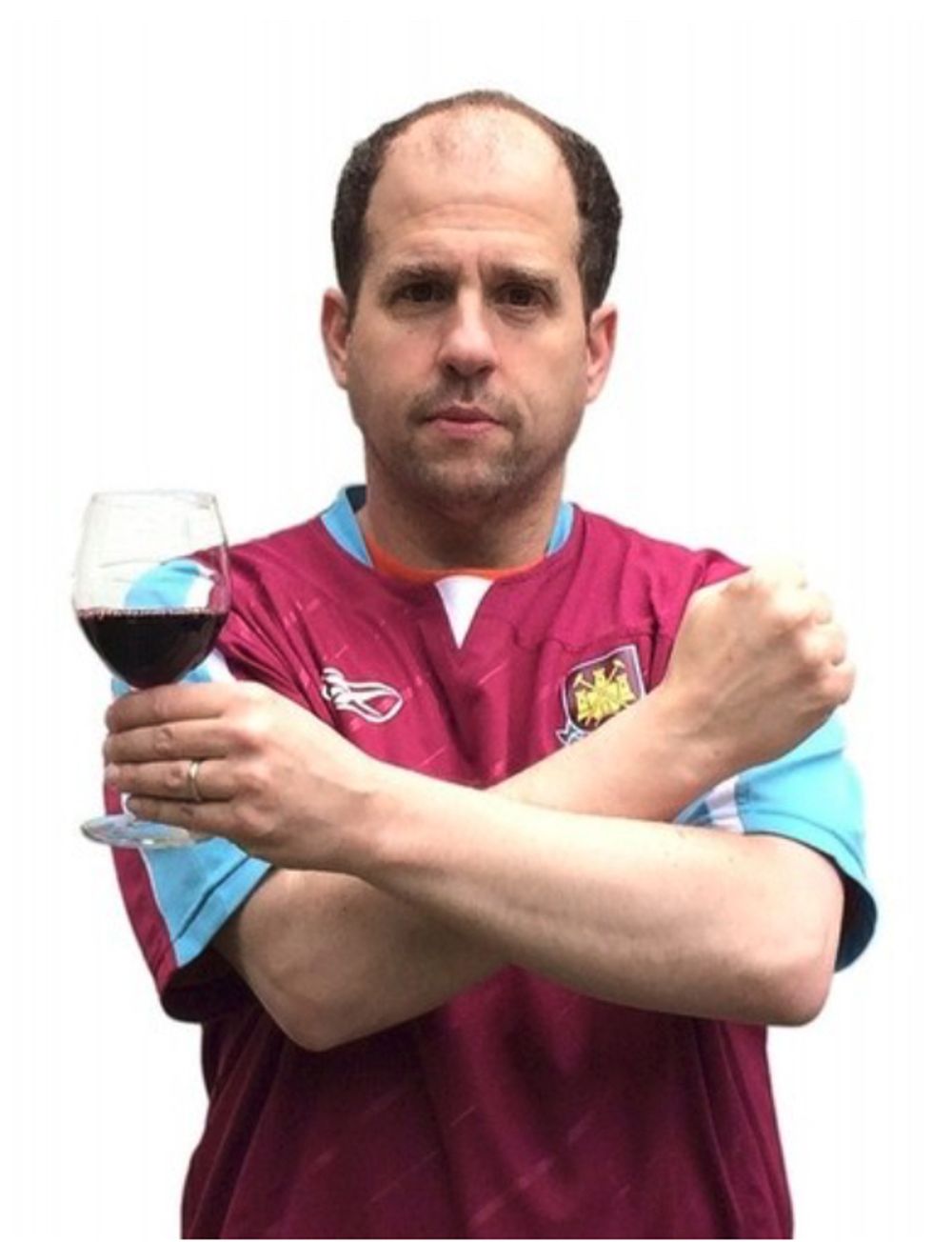
David Hautzig has another major reason to do more work in the UK – he is an avid West Ham residing in New York.
And finally I bleed the Claret & Blue of West Ham United, writing match reports for the past seven years for LBC Radio’s Iain Dale. He owns a West Ham website called West Ham Til I Die. I have made so many friends there who I talk to regularly, as if they lived across town. I feel more at home in London than I do Manhattan, where I was born and raised. I loved the two years I did business there, and I have every intention of finding a new partner for T. Edward Wines.
What wines do you have that you think would be ideal for the UK and why?
We have five different California brands that we produce, and the varietals we use for them are the holy trinity of Cabernet Sauvignon, Pinot Noir, and Chardonnay. Merlot as well, but poor ol’ Merlot has been reduced to a supporting role in the past few years. All of them do exactly what they say they are going to do. So if someone orders a glass of Lockhart Pinot Noir, California, at a cafe or pub for around £9, they will never ask for their money back.
That in and of itself is not easy to find, and we do it better than anyone in my opinion. And while Premier Cru’s from Volnay are glorious and can never be replaced, there is a spot for this kind of wine. If there wasn’t we wouldn’t be selling several thousand cases of each wine every year. And you know what? There will be people who prefer Crosby Chardonnay to a Chablis, and I refuse to judge them for it.
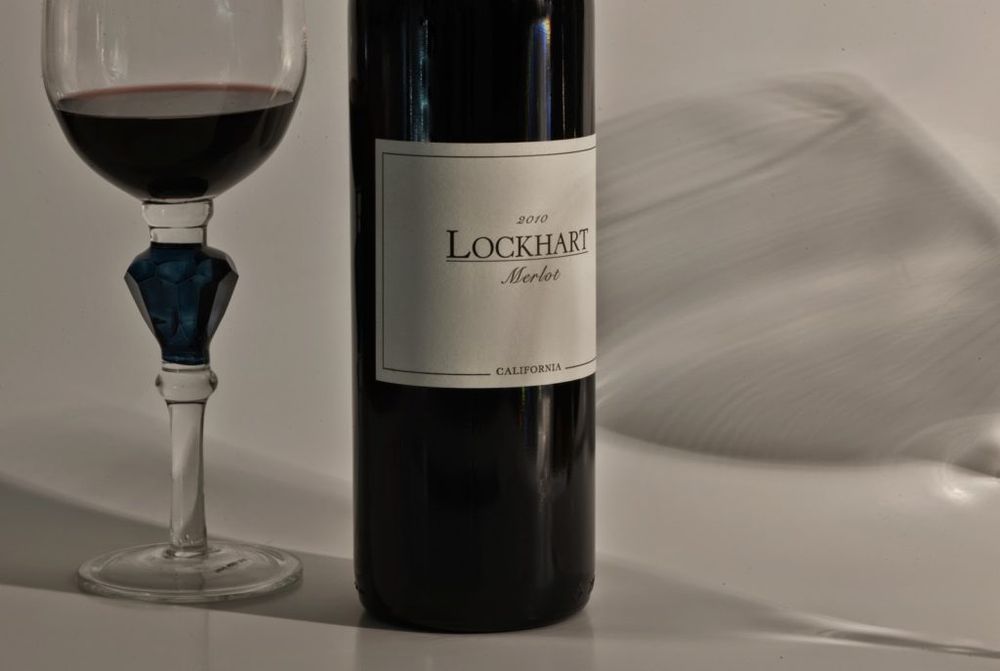
What sort of volumes and price points can you offer?
Volume is available. I’d be surprised, albeit happily so, if anyone in the UK could use more than we can produce. And Ex-Cellar pricing would be in the $5 neighborhood. Some lower, some higher. Although $7 or so is the higher end.
Who would be an ideal potential customer/ partner in the UK?
If I were to genetically engineer a partner in the UK, it would be a distributor that has enough of sales force to cover the country properly without being overbearing. There are suppliers here who literally have three or four salespeople per account, each one handling different sections of their portfolio. On the other end there are suppliers with two or three total trying to cover all of New York State. In both cases it’s hard for many products to gain traction. You also need sales people who understand what the wines are supposed to do, and how they can work for the customer.
A couple of years ago I did a little sales research after reading the Harpers list of the Top 50 Independent Wine Merchants in the UK. I went through all 50, and looked through their websites to see what their California offerings were at the price points of our brands. There were very few selections at any independent retailer in our price range. And the repetition of the brands was shocking. The same wines at virtually every shop, and they are generally considered the “supermarket” wines here. That is not a pejorative statement at all about those merchants. You can only buy what is available.
In terms of on-trade, I think there are a number of appropriate applications. For example, the pub near where I stay in London is part of a large group. When I was there last fall I saw an Albarino, Eidosela, in the cooler behind the bar. We represent that wine in New York, so I know the quality and the cost. Our wines would fit in very nicely in such a situation.
How have things been during Covid-19?
2020 had all the signs of an up year from my vantage point. New accounts were being opened, both on and off trade. It doesn’t take much of an explanation from me to tell you what happened from mid March onwards. Within a day or so, emails from off trade customers started arriving stating that no sales reps should come to the shops. As a father of two, I wasn’t planning on going to see customers and potentially risking my family’s health during this anyway, so my customers and I were thinking alike.
Communication with customers by phone, text, and email took over. I made the decision on day one that I would initiate very little conversation about products. Rather, I checked in regularly to see how they were doing, how their families were doing, did their kids adjust to distance learning and online school. Especially with my on trade customers. Those were the issues on my mind. My off trade people were and still are so busy they barely have time to eat let alone talk to me.
On a practical level, very few stores are looking for new products because there isn’t the same level of discourse in their shops. Customers for the most part are running in to get what they want and leaving as quickly as possible, and that’s if they are going into the shops at all. Many have moved 100% to curbside pickup with orders either being phoned in or placed online. One customer said he feels like a pizza place. The phone rings, he takes an order, then asks if they want it delivered. Some customers have asked if samples of specific items can be sent along with an order because they may consider bringing them in down the line, and in those cases we have been able to oblige.
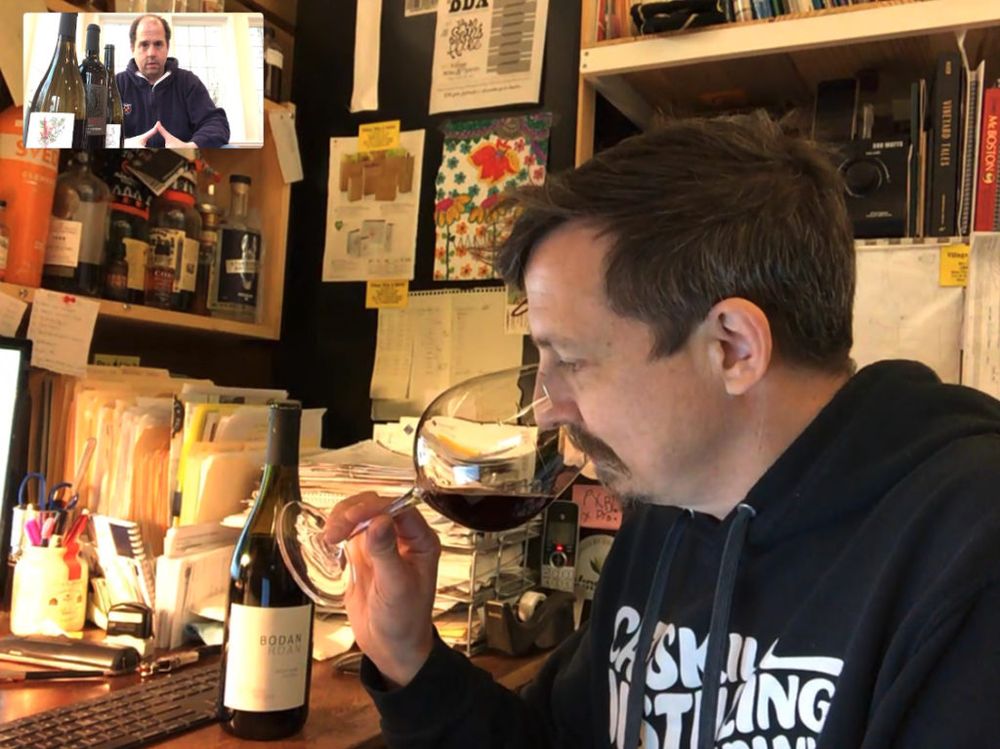
David Hautzig conducting a tasting via Zoom with one of his US customers
What have you done to respond?
Because the standard practice of going out with a bunch of samples shut down overnight, we had to adjust. One of the more common approaches as I said has been to send customers samples along with their orders if they were interested in something. More often it has been a matter of if we had something new that I thought was worth their time I would suggest sending a sample. Just this past month we brought in two new products, a new private label Pinot Noir we produce in Languedoc and a Melon aperitif from Provence. Both of them offered enough value for money that I felt comfortable telling customers they should either buy them or get a sample. I had thumbs up replies to both offers and made quite a few new placements.
I’ve also done a number of Zoom appointments to accompany samples that have been sent out. It’s not the same, obviously, but it was more effective than I thought it would be.
In New York City, one of our spirits managers made mini bottles of samples and biked all over Manhattan and Brooklyn dropping them off to various shops that requested them through their sales reps. We have something like 25 sales reps in New York City alone, so while it may not have been Mont Ventoux she put in some serious miles.
How are things now in the US and likely to be in months ahead?
Well, it’s likely not going to surprise you or your readers when I say we are a hot mess right now. We have almost completely failed in containing the virus. Arizona, Texas, and California are the three hottest of hot spots on the planet. Fourth place? Bahrain.
Masks have become utterly politicised, with confrontations both verbal and physical not uncommon. I’m neither optimistic nor pessimistic to be honest. I’m surfing the wave of the day. Stores near me are seeing record numbers, and restaurants with the ability to add outdoor space are beginning to order again. But in larger urban areas the prognosis is more difficult to see. More than a few Americans seem to want all of the “freedoms” without any of the responsibility.
Has Covid made you rethink your overall business strategy – if so how?
Yes. My sales are virtually 50-50 between on and off-trade. So with one half of the customer base in forced hibernation for months, many of whom are still closed, some of whom will not re-open, the off-trade sector has to carry a heavier load. For me, my personal numbers are effectively flat for the year. Which I find remarkable.
Metaphorically, it’s similar to an investor experiencing a bear market for the first time and restructuring his or her portfolio to be prepared for the next downturn. We have seen that retail can be a saving grace. So when developing new products, or purchasing new products from our winemakers, it’s useful to look at them through a narrow lens as well as the broader landscape. Wine X, for example, might be totally inappropriate for restaurants. But the shop that has enough floor space to hold an aircraft carrier might love it. In the past we may have balked at a wine that cannot multi-task. I doubt we would do that anymore.
Is it more important to have a diverse business strategy – develop your export businesses in key markets?
Absolutely. Our national and international sales have been key during these times, and there are internal forces at T. Edward to sharpen the pencils on both of those efforts.
- If you would like to know more about the wines and the possibilities of working with T.Edward then you can contact David Hautzig on dhautzig@icloud.com.

